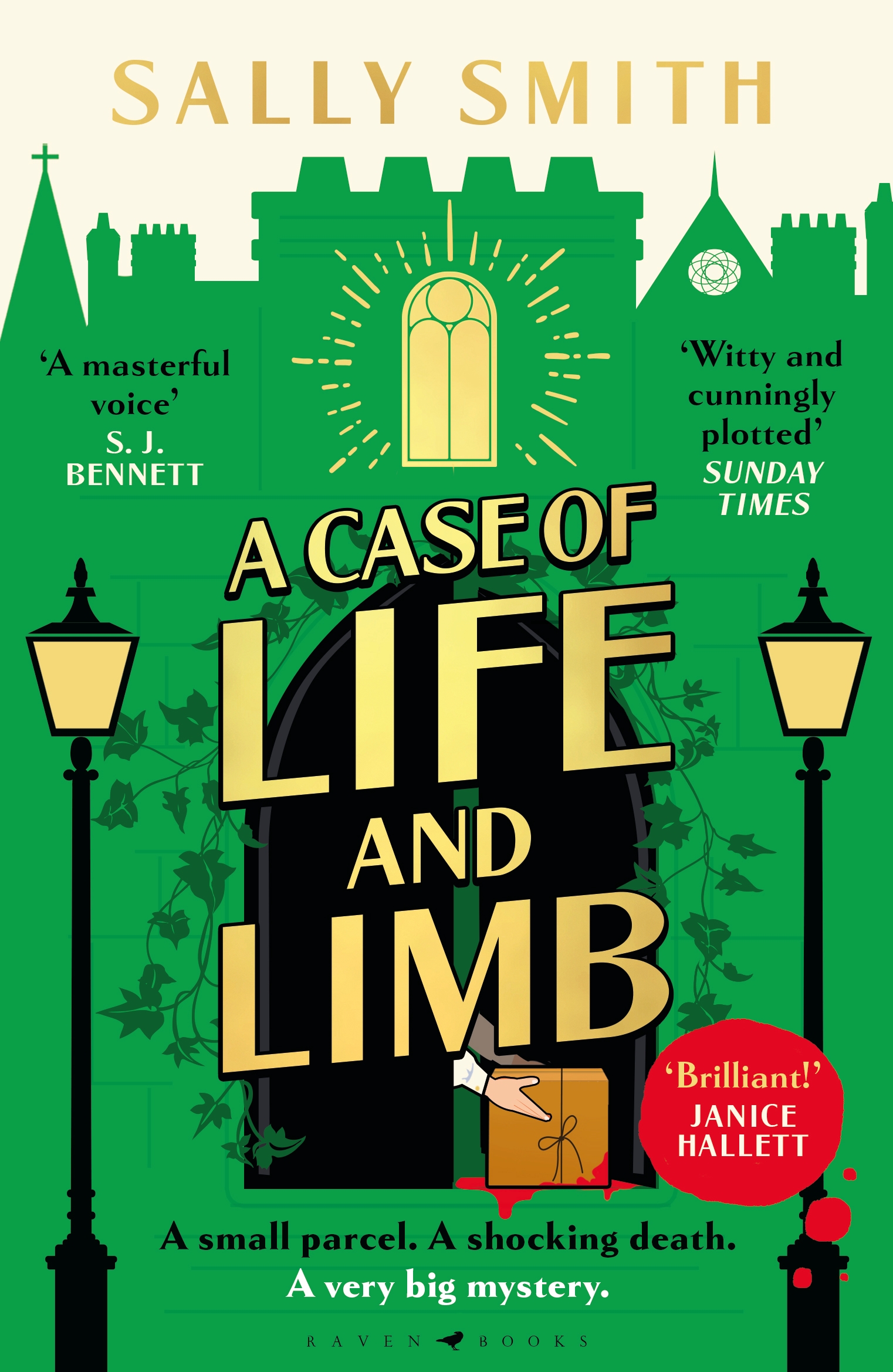The Scapegoat

As seen:
By Daphne Du Maurier
avg rating
1 review
""Someone jolted my elbow as I drank and said, ‘Je vous demande pardon,’ and as I moved to give him space he turned and stared at me and I at him, and I realized, with a strange sense of shock and fear and nausea all combined, that his face and voice were known to me too well. I was looking at myself."" Two men-one English, the other French-meet by chance in a provincial railway station and are astounded that they are so much alike that they could easily pass for each other. Over the course of a long evening, they talk and drink. It is not until he awakes the next day that John, the Englishman, realizes that he may have spoken too much. His French companion is gone, having stolen his identity. For his part, John has no choice but to take the Frenchman’s place-as master of a chateau, director of a failing business, head of a large and embittered family, and keeper of too many secrets.
Loaded with suspense and crackling wit, The Scapegoat tells the double story of the attempts by John, the imposter, to escape detection by the family, servants, and several mistresses of his alter ego, and of his constant and frustrating efforts to unravel the mystery of the enigmatic past that dominates the existence of all who live in the chateau. Hailed by the New York Times as a masterpiece of ""artfully compulsive storytelling,"" The Scapegoat brings us Daphne du Maurier at the very top of her form.
Reviews
St Just Thursday Evening Reading Group 4th December 2019.
The scapegoat. Daphne du Maurier.
Everyone enjoyed reading this book, though the chief comment was that the impersonation of Comte Jean de Gue by his lookalike John was not really credible in the circumstances, not least because the Comte was French and John was English. Belief had to be suspended in the idea that no one except Jean's mistress and his dog recognised the deception, especially since there was hardly any time interval between Jean leaving and John returning to the château.
We talked about how the other characters, i.e., Jean's family, were introspective and self-absorbed (which might have helped facilitate the deception), and how difficult a task it was for John to sort out their identities and preoccupations. Another feature that defied belief was that he managed to do so much in only one week, and other examples were cited from Daphne du Maurier's books where an awful lot seems to have been achieved in an incredibly short space of time.
We noted that all the actions John took to improve Jean's family and business situation took place after the death of Jean's wife (and the subsequent release of finances to Jean). We were not sure whether Françoise fell from the window by accident, or whether she jumped; the alibi for it being an accident is provided by the child Marie-Noel, who seemed to have an agenda of her own about everything.
Several readers had read this book before, some of them many years ago, and re-read it for this meeting; those who did so found the second reading quite different from the first. Other titles concerning impersonations were discussed, most of them being more convincing than this one, though not necessarily so well written or absorbing – we all agreed we love Daphne du Maurier's style.






